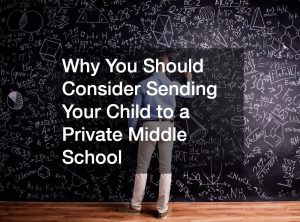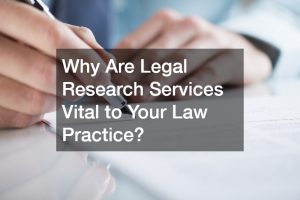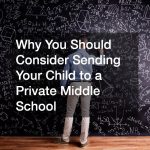Many parents work hard to provide their children with the best possible education, believing that this will help them succeed in life. But what type of school should you choose? Private or public? The decision is often difficult and there are many factors to consider.
To help you come to an informed decision, here are some pros and cons of private schools versus public schools. Of course, each option has its benefits and drawbacks, so it is up to you to decide which best fits your child’s needs.
Private Education — The Benefits
There are many reasons to send your child to a private school. Some schools are very small, while others have hundreds of students in one class. This allows for individual attention to the students, as the teachers can better monitor their progress and help those who need it.
Another reason is that some parents prefer to send their children away to school, where they can focus on their education instead of having to worry about home. Many private schools are boarding schools, so the students only come home on the weekends.
This provides relief for parents who are spending too much time worrying about their children while keeping them focused on their studies. That’s why many parents believe that their children will receive a better education in a private school.
Private Education — The Drawbacks
Although boarding schools are beneficial for most, many parents still worry about sending their children away to school, especially when they are young. They worry that the child will miss home and their normal routine. This becomes even more of an issue because they don’t come home on the weekends.
Aside from homesickness, private education often costs more than public education. Although some students receive scholarships, many parents must pay for their children to attend private school. If they don’t have enough money, the students may be forced to get a job and miss out on educational opportunities.
The lack of diversity may also become an issue for some students. If they’re surrounded by children of wealthy and educated parents, their worldview may not be broadened. They may also not learn the same social skills as those who are raised in a public school, where students come from different backgrounds.

Public Education — The Benefits
Many public schools offer special programs that private schools don’t. Students who are athletes or have other commitments can often participate in their extracurricular activities while they attend public school, though this isn’t always the case.
Furthermore, public education allows students can get a more diverse education. Instead of being surrounded by people who are of the same color, economic standing, etc., they get to learn from and be around people who are different from them in many ways.
Diversity is one of the biggest benefits of being in a charter school, for instance. The reason for this is that they have the freedom to have a different curriculum than most public schools. They can focus more on certain subjects that they feel are more important, such as teaching students about money management, rather than teaching skills that they already know.
Public Education — The Drawbacks
One of the biggest drawbacks of public education is that students are often mixed, regardless of their learning abilities. This means that slow learners are in with kids who can read and do math at a high school level, which isn’t always a good thing.
This is one of the reasons why parents prefer to send their children to private schools, where teachers can work with them individually and help them make progress. Public schools often don’t have the funding to support certain types of programs, such as special interests (music, art, etc.) and sports.
This means that even if some students want to join these activities, they may not be able to because they can’t afford the equipment or training. It also means that students who normally wouldn’t be able to afford it will miss out on these opportunities.
Which One Should You Choose?
In conclusion, both types of schools have their benefits and drawbacks. The decision on which to use is often one of the most difficult choices parents have to make when it comes to the education of their children.
The decision should depend on what is best for the individual student and what works for their family. In some cases, the parent’s decision may be swayed by what is best for their child. Parents should carefully weigh the benefits and drawbacks of each choice, rather than basing their decision on hearsay.
















